Module 2 - Additional Resources
-
The Underground Railroad to the North promised salvation to many American slaves before the Civil War. But thousands of people in the south-central United States escaped slavery not by heading north but by crossing the southern border into Mexico, where slavery was abolished in 1837.
In South to Freedom, prize-winning historian Alice L. Baumgartner tells the story of why Mexico abolished slavery and how its increasingly radical antislavery policies fueled the sectional crisis in the United States. Southerners hoped that annexing Texas and invading Mexico in the 1840s would stop runaways and secure slavery’s future. Instead, the seizure of Alta California and Nuevo México upset the delicate political balance between free and slave states. This is an essential new perspective on antebellum America and the causes of the Civil War. -
On the night of 22 August, 1791, a slave insurrection broke out in the French West Indian colony of Saint Domingue, present-day Haiti. Unlike other slave insurrections in the New World, the Haitian revolution led to the creation of a modern state. The slaves, led by Toussaint L'Ouverture, overthrew the French planter regime in June 1793 and declared the colony independent of France in 1804. This successful black uprising caused a crisis in the Washington administration because it threatened America's extensive commerce with Saint Domingue, Franco- and Anglo-American relations, and the racial stability of the South. Federal policy grew out of several, often conflicting, factors, no one of which can completely explain the behavior of leading officials in the Washington administration. This essay focuses upon the formation of federal policy toward Saint Domingue, the implementation of that policy between September 1791 and June 1793, and the eventual failure of administration efforts to suppress the Haitian revolt in mid-1793
-
-
The book traces the circulation of news in African diasporic communities in the Caribbean around the time of the Haitian Revolution.
-
‘The Greatest Heist In History': How Haiti Was Forced To Pay Reparations For Freedom. Over the century following the 1804 revolution, Haiti was forced to pay French slaveholders and their descendants the equivalent of between $20 and $30 billion in today's dollars
-
The first of its kind, From Columbus to Castro is a definitive work about a profoundly important but neglected and misrepresented area of the world. Quite simply it’s about millions of people scattered across an arc of islands — Jamaica, Haiti, Barbados, Antigua, Martinique, Trinidad, among others – separated by the languages and cultures of their colonizers, but joined together, nevertheless, by a common heritage.
-
Former President of the Dominican Republic Juan Bosch adds to his awesome literary credentials with his latest work, De Cristóbal Colón a Fidel Castro. After the vitriolic Pentagonism, A Substitute for Imperialism (1968), an emotional expression decrying the spread of the United States military-industrial complex into Latin America, Bosch decided to expand his concept of pentagonismo into a concerted denunciation of imperialism.
-
Simple Verses is a poetry collection by Cuban writer and independence hero José Martí. Published in October 1891, it was the last of Martí's works to be printed before his death in 1895.
-
Washington Bullets is written in the best traditions of Marxist journalism and history-writing. It is a book of fluent and readable stories, full of detail about US imperialism, but never letting the minutiae obscure the larger political point. It is a book that could easily have been a song of despair – a lament of lost causes; it is, after all, a roll call of butchers and assassins; of plots against people’s movements and governments; of the assassinations of socialists, Marxists, communists all over the Third World by the country where liberty is a statue.
-
Toussaint L’Ouverture was the leader of the Haitian Revolution in the late eighteenth century, in which slaves rebelled against their masters and established the first black republic. In this collection of his writings and speeches, former Haitian politician Jean-Bertrand Aristide demonstrates L’Ouverture’s profound contribution to the struggle for equality.
-
Gerald Horne’s masterly Confronting Black Jacobins is a tour de force of historical excavation: he not only extends the intellectual trajectory of C.L.R. James’s work on the region, but he reimagines the geography of black revolt by documenting the impact of the Haitian Revolution in France, Britain, Spain, and most notably, in the United States too. By tracing the lethal spread of white supremacy, and its courageous confrontation by a rebellious black republic, Horne helps us to see the powerful blow for justice struck by a militantly resistant population of black citizens who more nobly embodied the ideals of freedom and equality than the European and North American powers that sought to defeat them.
-
The first novel of the Haitian novelist Jacques Stephen Alexis, General Sun, My Brother appears here for the first time in English. Its depiction of the nightmarish journey of the unskilled laborer Hilarion and his wife from the slums of Port-au-Prince to the cane fields of the Dominican Republic has brought comparisons to the work of Emile Zola, André Malraux, Richard Wright, and Ernest Hemingway.
-
In 1844, a British mercenary helps the revolting slaves of an Antilles island colony gain independence from Portugal, but later returns to hunt down a local rebel leader and former protégé.
-
The historical drama "Toussaint Louverture" is dedicated to the fate of Toussaint Louverture, the leader of the Haitian Revolution, as a result of which Haiti became the first independent state in America.

